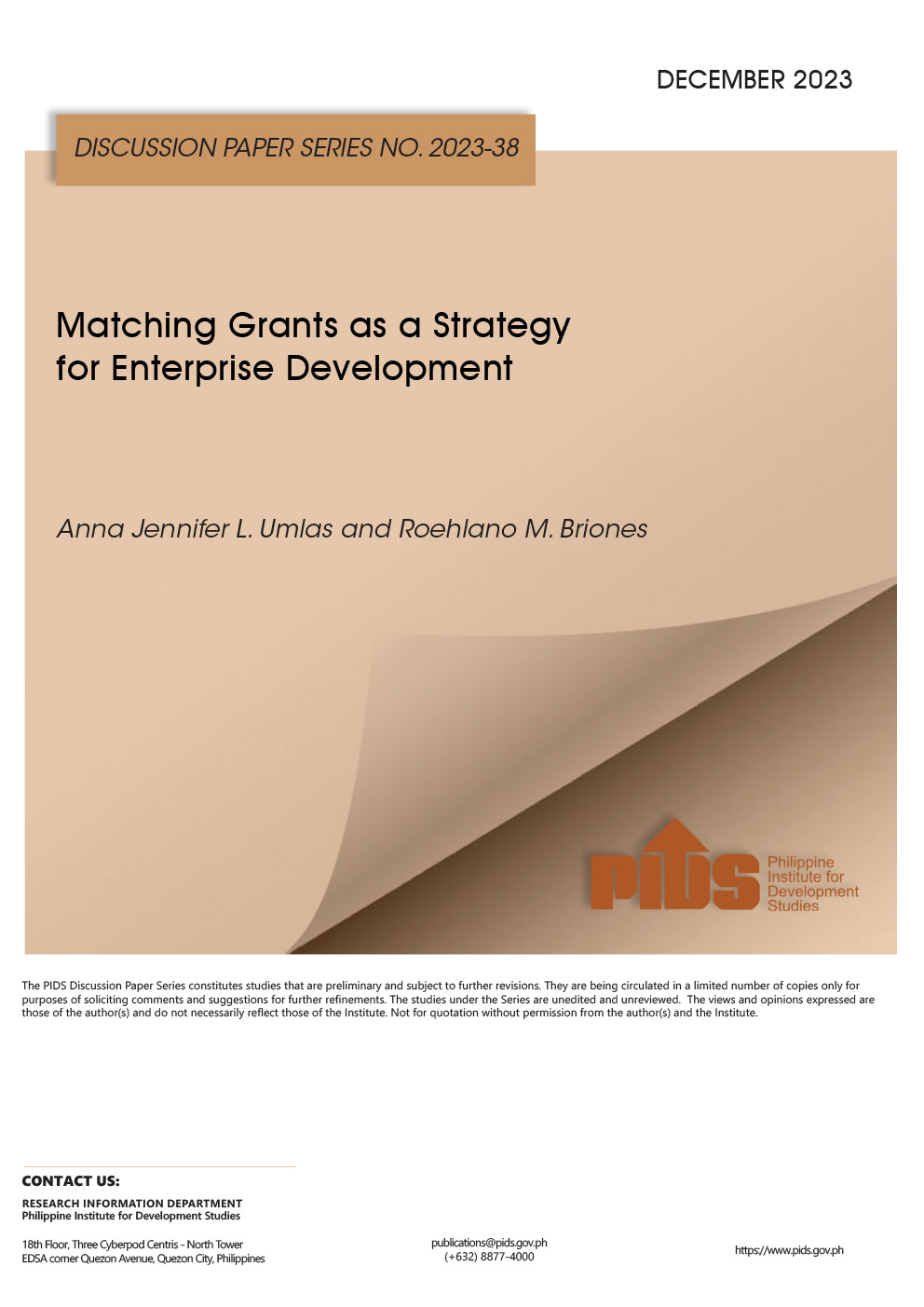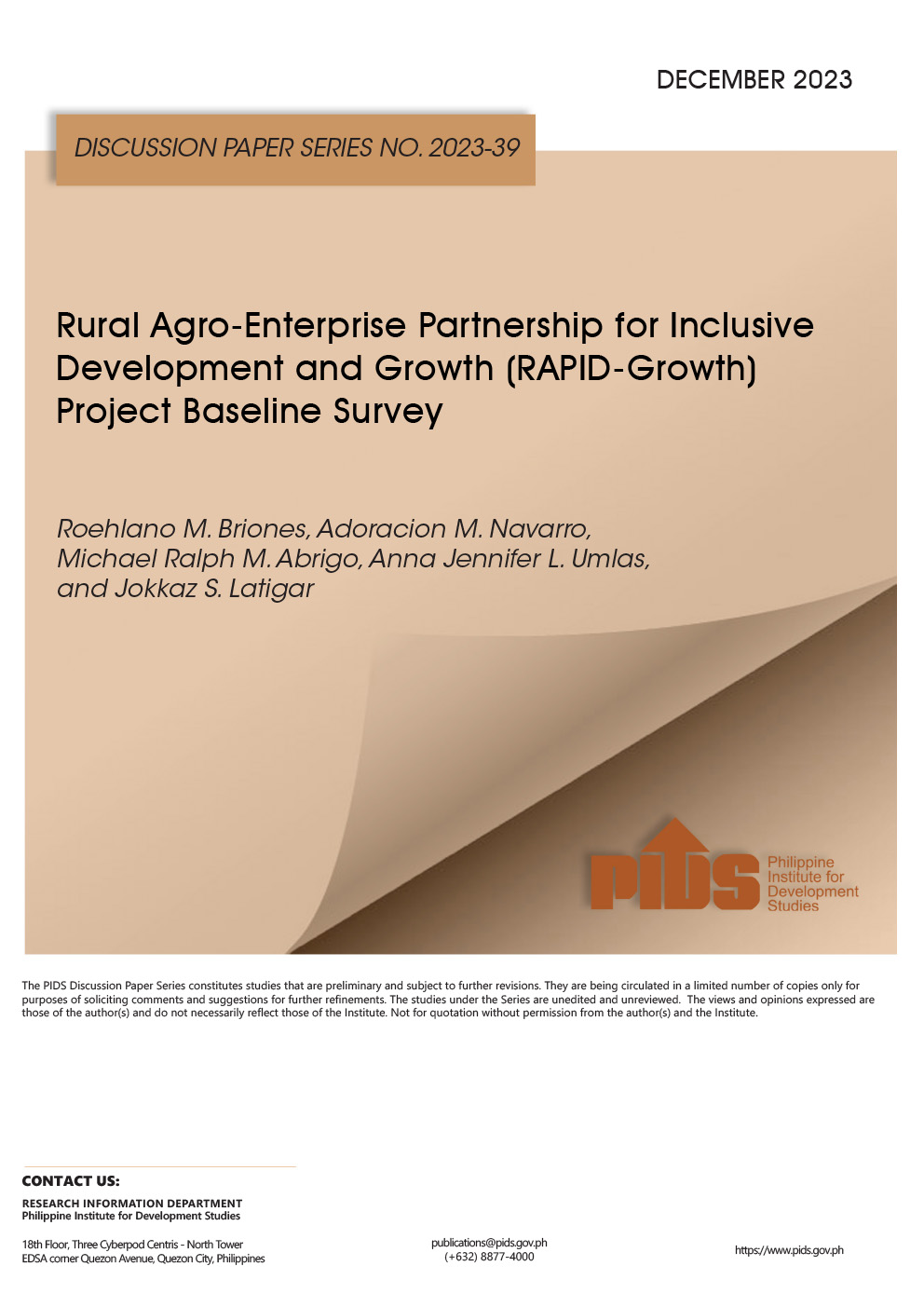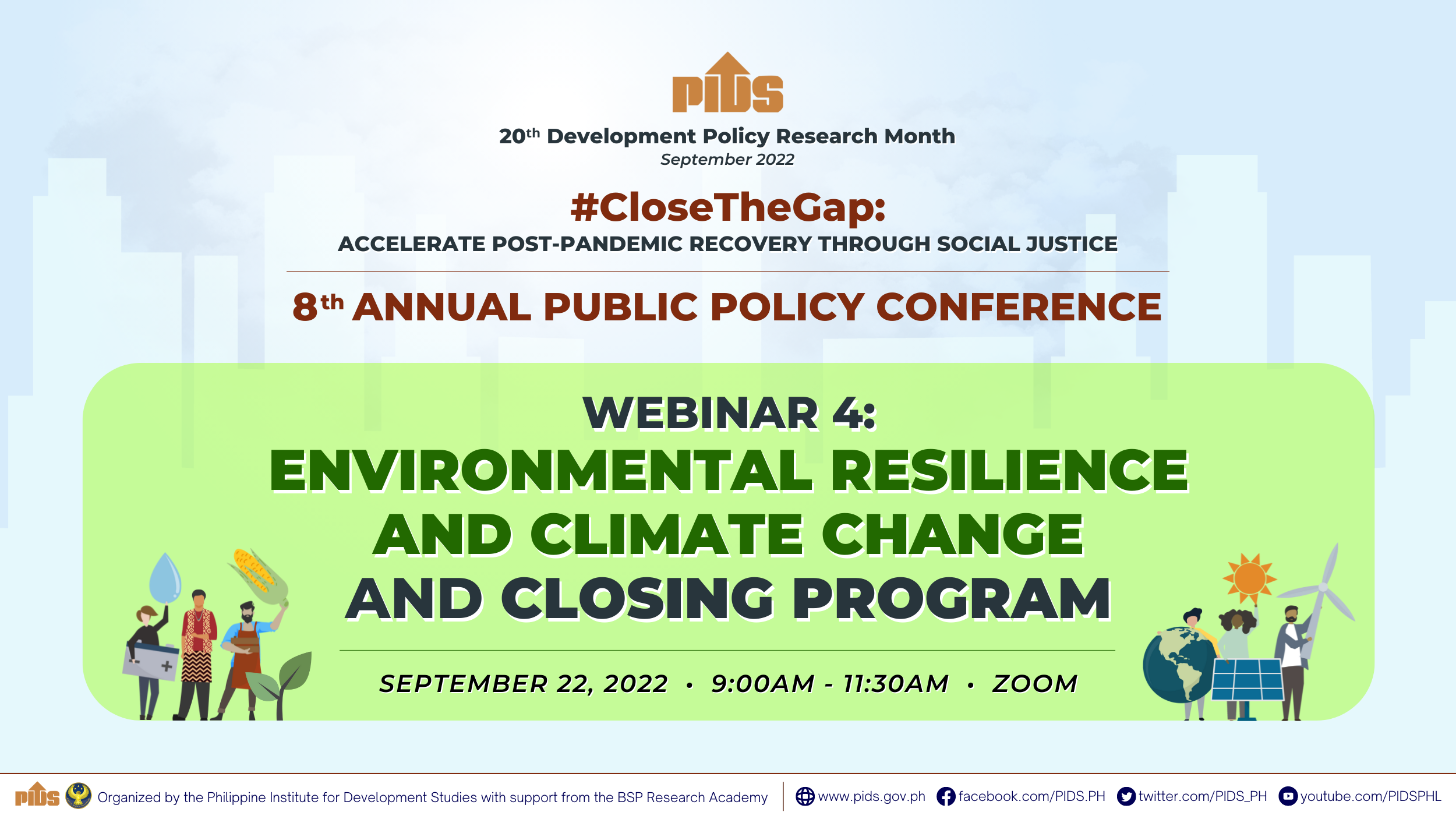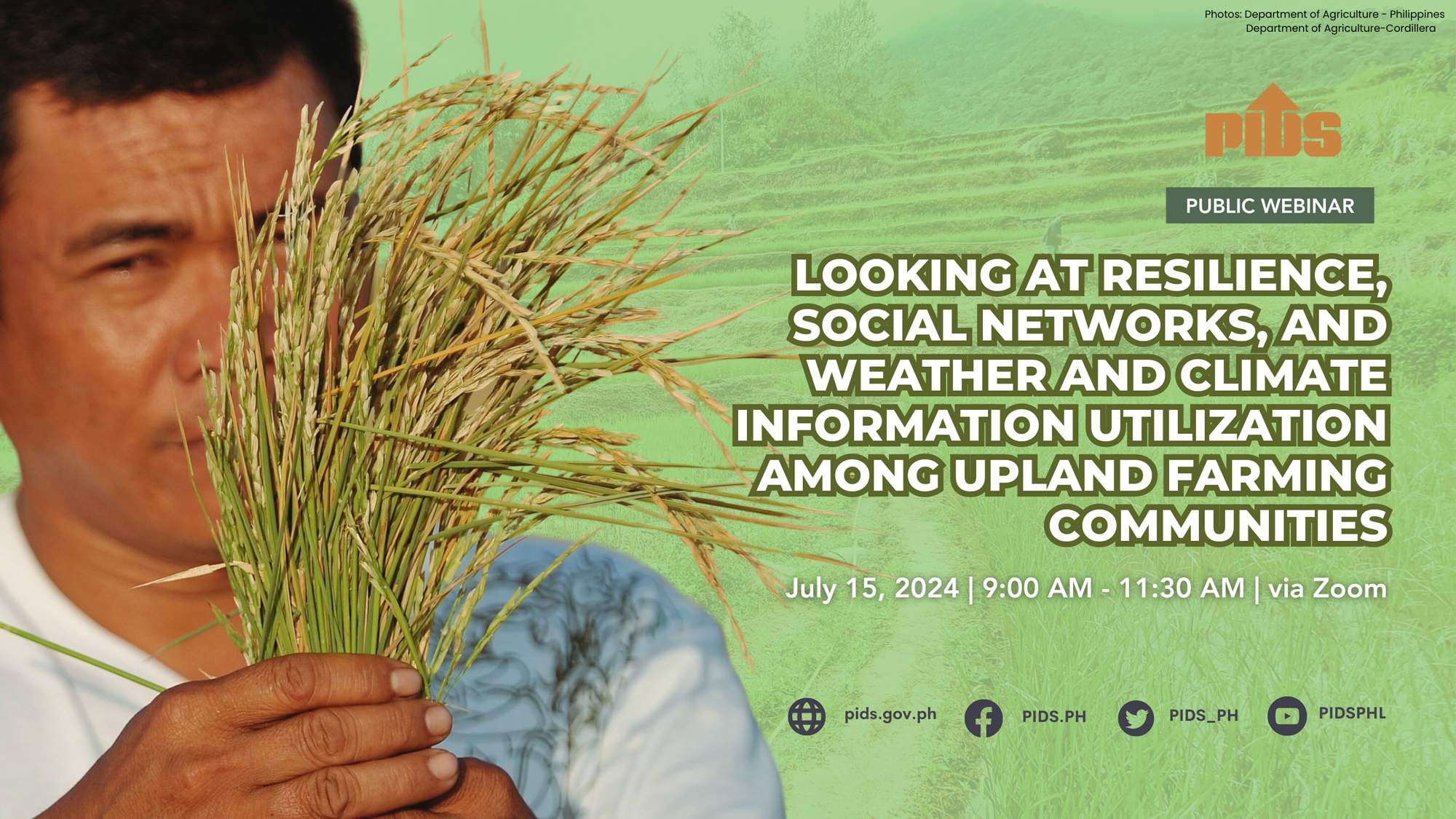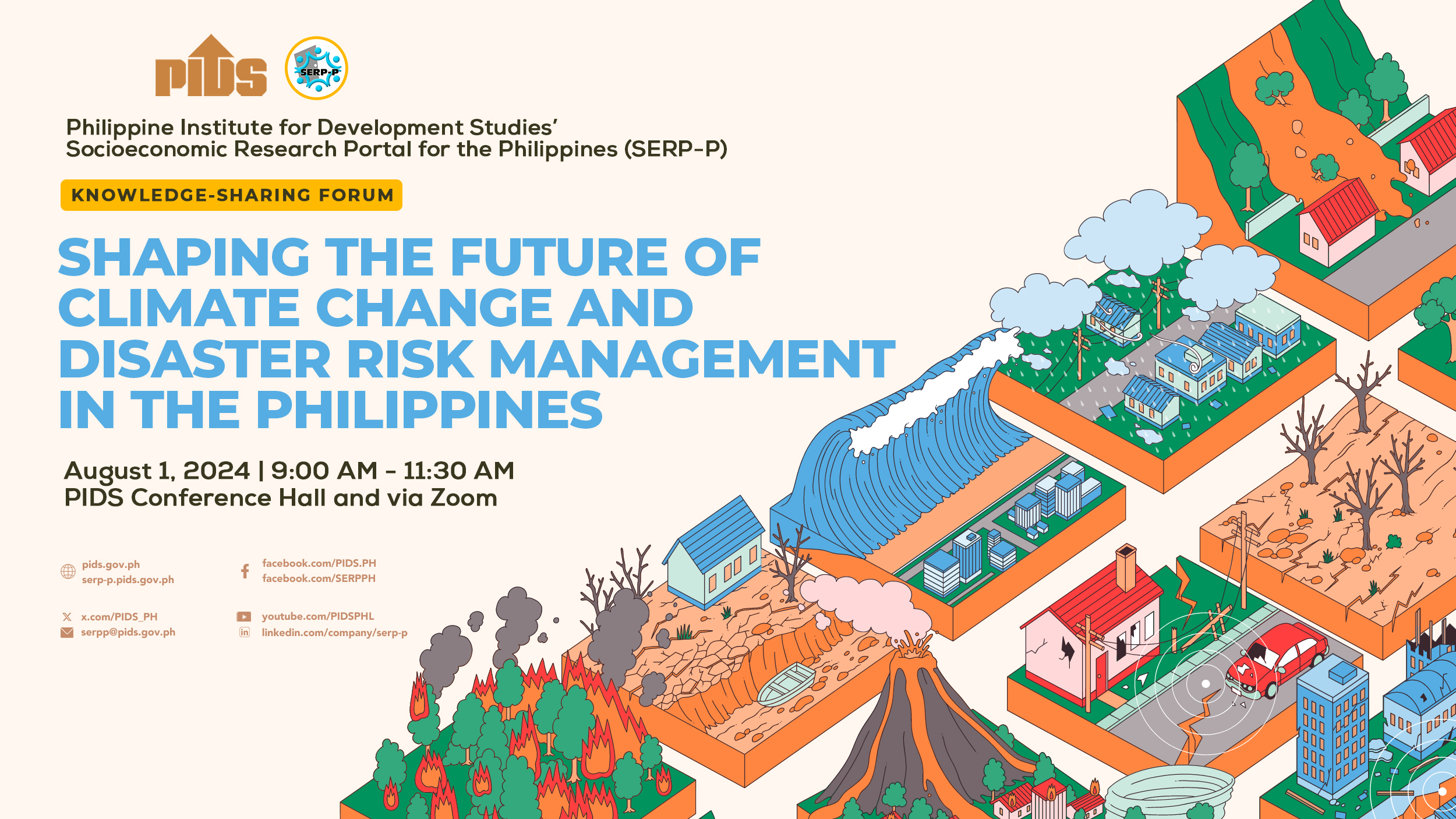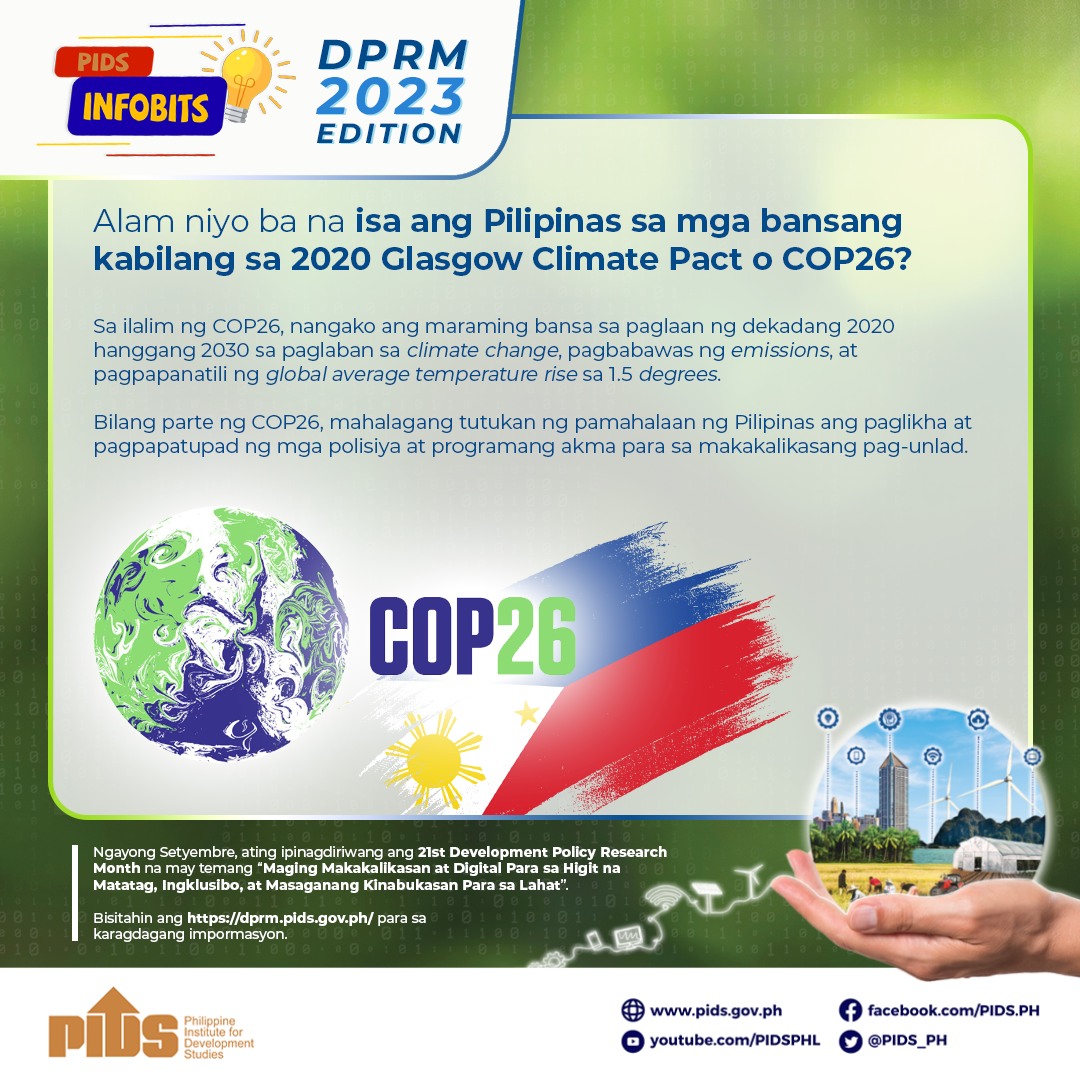TODAY, December 10, and every year, we, as one humanity, observe Human Rights Day. Seventy-four years ago, the United Nations General Assembly adopted the Universal Declaration of Human Rights, a historic document that "proclaims the inalienable rights that everyone is entitled to as a human being — regardless of race, color, religion, sex, language, political or other opinions, national or social origin, property, birth or other status."
Almost two decades ago in 2003, Republic Act 9201 was signed into law. It promulgates the observance of the National Human Rights Consciousness Week every December 4 to 10 of each year.
With this year's theme, "Dignity, Freedom and Justice for All," we must realize that climate change is no longer a scientific and environmental issue, but rather an all-encompassing threat to our basic human rights — food, potable water, shelter, decent livelihood, health and life itself.
The UN Environment Program declares "climate change is one of the greatest threats to human rights of our generation, posing a serious risk to the fundamental rights to life, health, food and an adequate standard of living of individuals and communities across the world."
With our fascination to continue burning fossil fuels and releasing harmful greenhouse gas emissions for more than a century and half, we must expect worsening extreme weather events, increasing temperatures and rising seas.
We have been warned of what this means. Coral reefs will vanish, along with the livelihoods that depend on them. Severe harvest failures will happen more frequently. Climate change will threaten the essentials of good health — like clean air, safe drinking water, nutritious food and safe shelter. Climate change will transform human life as we know it.
The nexus of climate change and human rights
Right to life. In a report of the National Disaster Risk Reduction and Management Council, Severe Tropical Storm "Paeng," the 16th tropical cyclone that entered the Philippines this year, left 101 dead and 35 missing due to flooding and landslides. More than half of the deaths came from the Bangsamoro Autonomous Region of Muslim Mindanao. In 2021, nearly 500 people died due to weather events, the highest since 2013 when Typhoon "Haiyan" hit various regions in the Visayas and Mindanao, and left over 6,000 dead (Statista, 2022).
Right to health. The Philippines does not only belong to the top 10 most affected by weather-related disasters (Germanwatch, 2021), but is the most at-risk country in the world (World Risk Report, 2022). Increasing rainfall, intensifying typhoons and the frequency of floods give rise to the risks of vector-borne diseases like dengue and flood-borne diseases like leptospirosis (Tagupa, 2021).
Right to food security. Climate hazards will impact agricultural, livestock and fishery supply chains, and affect all aspects of production, distribution and consumption across urban and rural sectors. As a result, it affects the availability, affordability and accessibility of nutritious food, particularly for the most vulnerable, poor and marginalized populations. According to the discussion paper published by the Philippines Institute for Development Studies in June 2022, the Philippines have yet to achieve its food security goal based on the four dimensions of food security, namely food availability, food accessibility, food utilization and stability. The urban and rural poor already afflicted by food and nutrition insecurity will be the most vulnerable (World Food Program, 2021).
Right to water and sanitation. Climate change with rapid urbanization and increasing population will cause water supply shortages. In 2015, the World Resources Institute estimated that the Philippines will be one of the water-stressed countries by 2040.
Right to livelihood. Climate change threatens our economic growth. Loss and damage to agriculture and infrastructure from severe disasters have been increasing in recent years, and as a result, the country's gross domestic product is declining. World Bank estimates showed the Philippines may see a 3.2-percent average loss in the gross domestic product (GDP) by 2030 and as high as a 5.7-percent loss in GDP by 2040. The impact could be much worse, reaching 13.6 percent in 2040 if no actions are taken (Coulibaly, 2022).
Right to adequate housing. The projected sea level rise in the Philippines is almost three times higher than the global average. Sixty percent of the population lives in coastal communities, which are one of the poorest sectors and are highly affected and need relocation. For 2020, the Internal Displacement Index Report revealed that climate-related disasters displaced 4.4 million Filipinos. More than half of these new displacements were caused by typhoons ("Molave," "Goni" and "Vamco").
Rights of future generations. The impacts of climate change are long term and widespread. We will compromise the ability of future generations to meet their own needs if we continue to embrace current unsustainable development.
Several State policies are enshrined in the Philippine Constitution. These include "adequate social services, promote full employment, a rising standard of living and an improved quality of life for all" (Section 9); "the dignity of every human person and full respect for human rights" (Section 11); "the right to health" (Section 15); "the right to a balanced and healthful ecology in accord with the rhythm and harmony of nature" (Section 16); and "labor as a primary social economic force" (Section 18).
Nine out of 10 Filipinos (95 percent) believe climate change must be the government's top priority, according to the new study of Yale Program on Climate Change Communication. The responses to climate change will have effects on the exercise of human rights.
Our government must continue to respect and protect human rights. We must fulfill our commitment to the Paris Agreement, protect Filipinos against the harmful effects of climate change and ensure that responses to climate change do not result in human rights violations.
While the government has taken significant steps, there is more to be done, which includes working with all stakeholders to ensure the protection of human rights for all Filipinos.

